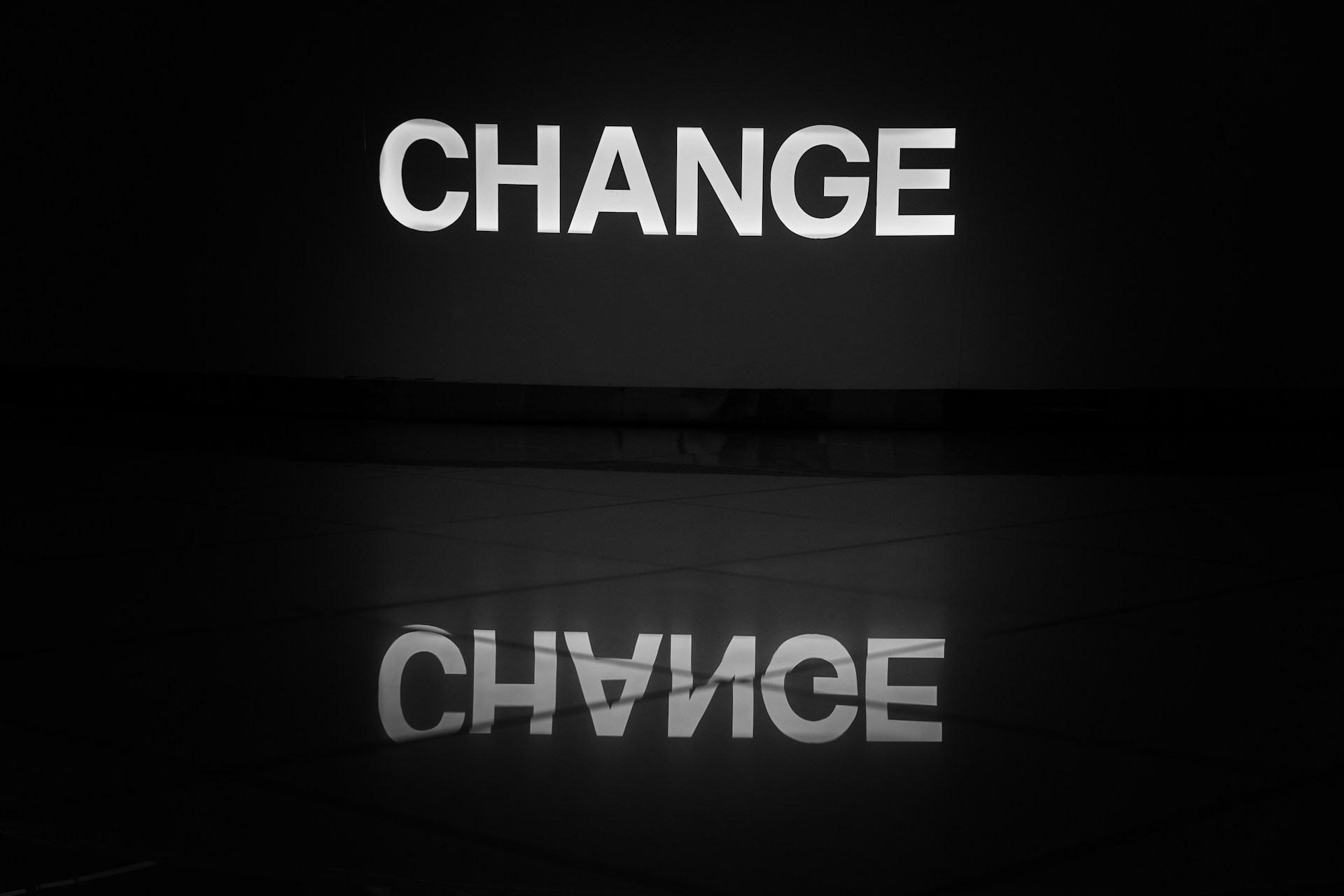
Change is one of life’s few certainties, yet it often arrives unannounced, bringing both challenges and opportunities. Whether it’s a career shift, a personal transition, or global uncertainty, our ability to adapt defines not only how we cope but also how we grow.
Resilience isn’t about never struggling; it’s about learning to move forward even when things feel uncertain. It’s a mindset, a skill, and often, a quiet strength that builds over time. Here’s how small habits, mindset shifts, and community can help us navigate change with confidence and calm.
Building Habits, Not Just Reactions

Change is constant, and resilience is about developing steady habits and coping strategies rather than only reacting when challenges arrive.
Many people think resilience is about “bouncing back,” but in reality, it’s more about “building forward.” True resilience comes from consistent habits that strengthen us before we even face adversity.
- Daily grounding routines: Simple habits like journaling, exercise, or mindfulness help regulate stress and build emotional steadiness.
- Adaptability as practice: Trying new things, learning new skills, or setting small goals trains the mind to stay flexible.
- Proactive self-care: Prioritising rest, healthy boundaries, and mental wellness enables us to handle challenges with clarity rather than chaos.
When resilience becomes part of our everyday rhythm, we’re not just reacting to change; we’re ready for it.
Mindset Shifts That Make a Difference
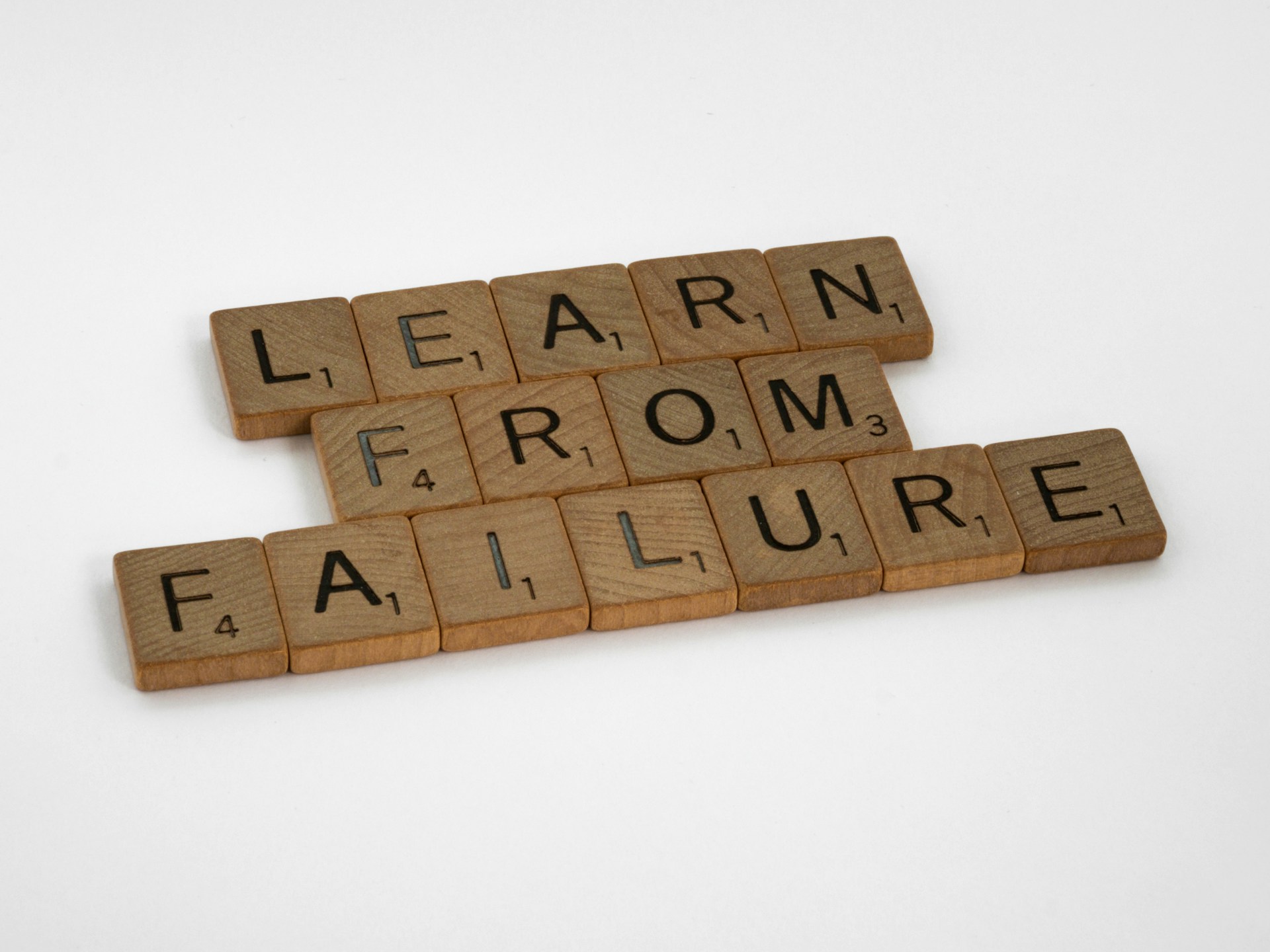
Small changes in perspective, choosing curiosity over fear, or progress over perfection, make adapting to change easier and less overwhelming.
The mind is powerful, sometimes more than we realise. When we shift our perspective on change, everything else begins to move as well.
Choosing curiosity over fear opens space for learning. Instead of asking “Why is this happening to me?”, try asking “What can I learn from this?” That small reframe can turn anxiety into growth. Similarly, choosing progress over perfection takes pressure off. Adapting doesn’t mean getting everything right; it means taking one step at a time, adjusting, and moving forward.
Mindset shifts like these don’t erase challenges, but they make them more manageable. They help transform change from something to resist into something to engage with thoughtfully, and with compassion for ourselves.
Turning Setbacks into Growth
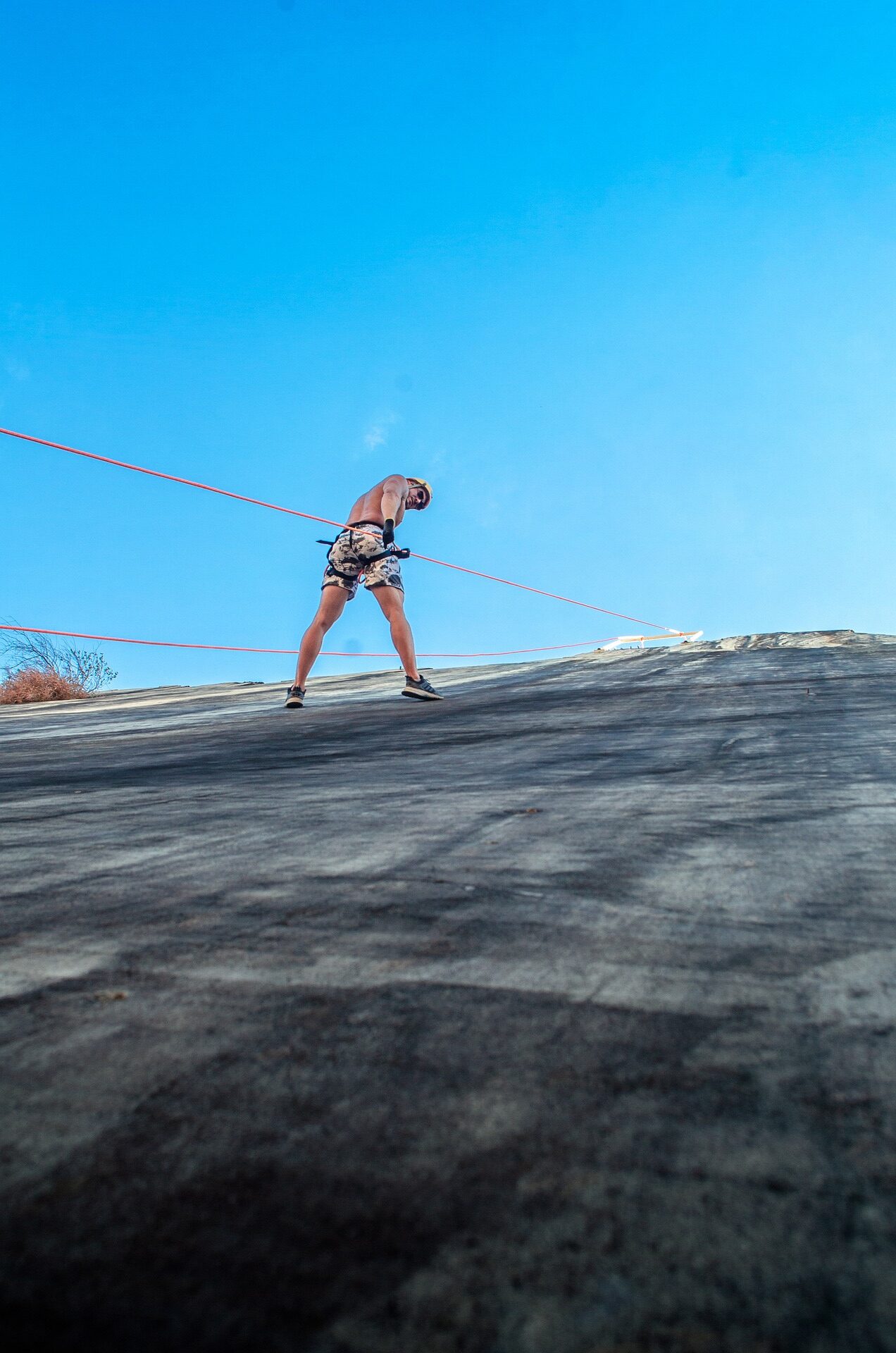
Everyone encounters difficulties. Resilience is the skill that transforms setbacks into opportunities for learning and growth.
Setbacks are part of every story. Jobs are lost, plans change, relationships evolve, but resilience is what determines whether those moments break us or build us.
Growth often hides behind discomfort. Every setback offers a lesson: a clearer sense of direction, a better understanding of limits, or a reminder of strength we didn’t know we had.
- Reflect before reacting: Taking time to pause and reflect allows emotions to settle and insight to emerge.
- Focus on what’s in your control: Shifting attention to what can be changed rather than what can’t keeps momentum going.
- Embrace the long view: What feels like a detour now often turns out to be a path toward something better.
When we learn from challenges instead of resenting them, resilience transforms from survival into empowerment.
The Power of Support Networks
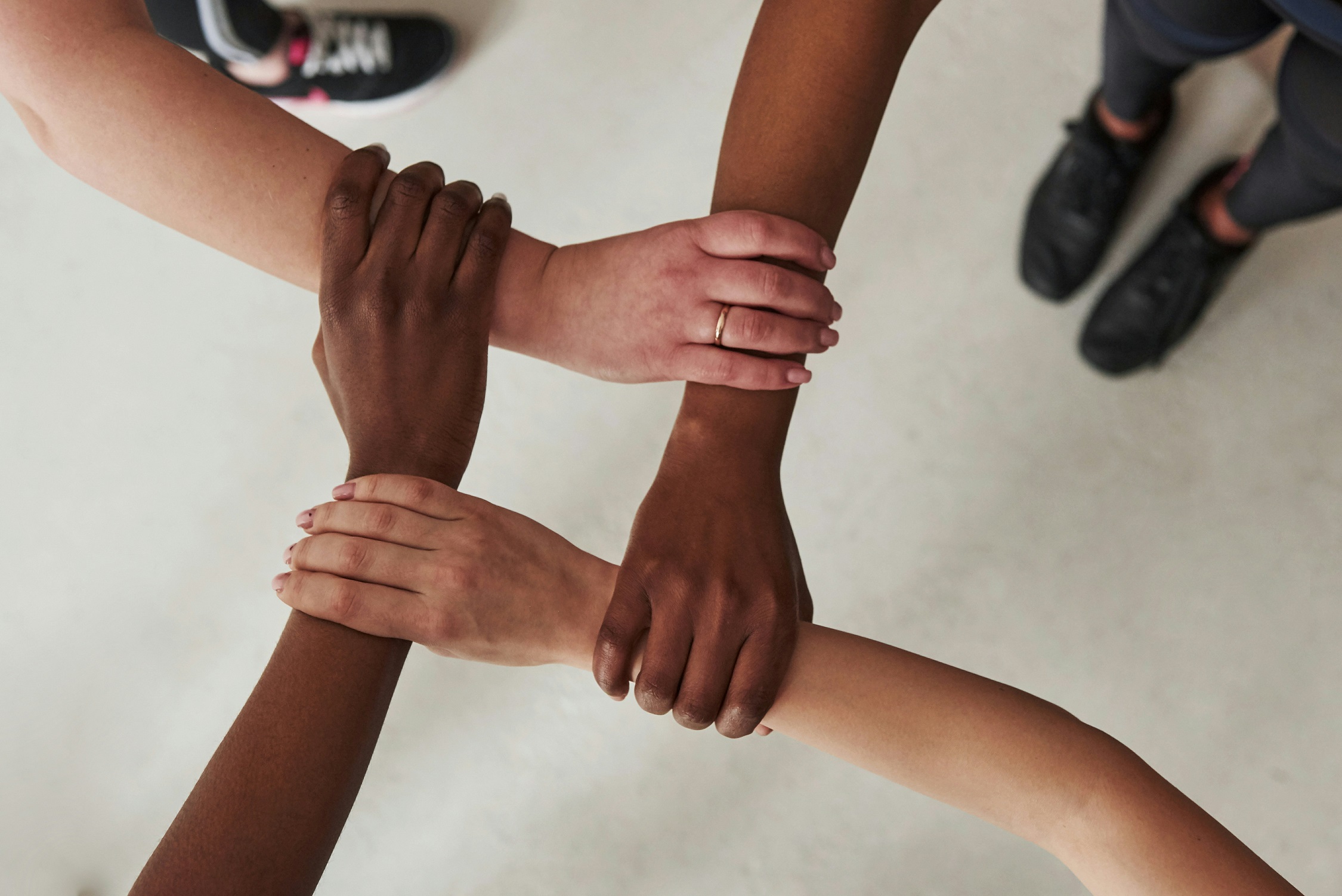
True resilience isn’t built in isolation. Supportive communities, friendships, and connections help people face change with greater strength and confidence.
Even the strongest individuals need support. Resilience grows in connection with knowing we don’t have to face change alone.
Sharing our struggles and listening to others’ experiences reminds us that uncertainty is a shared human experience. Whether it’s family, friends, colleagues, or online communities, connection gives us perspective, encouragement, and hope.
- Communities of care: Support networks provide not only emotional relief but also practical advice and inspiration.
- Mutual strength: Helping others through their challenges strengthens our own ability to cope with challenges.
- Safe spaces: When we feel seen and supported, our confidence in handling life’s transitions multiplies.
Resilience doesn’t mean independence; it implies interdependence. When we lift each other, everyone grows stronger.
Growing Through Change
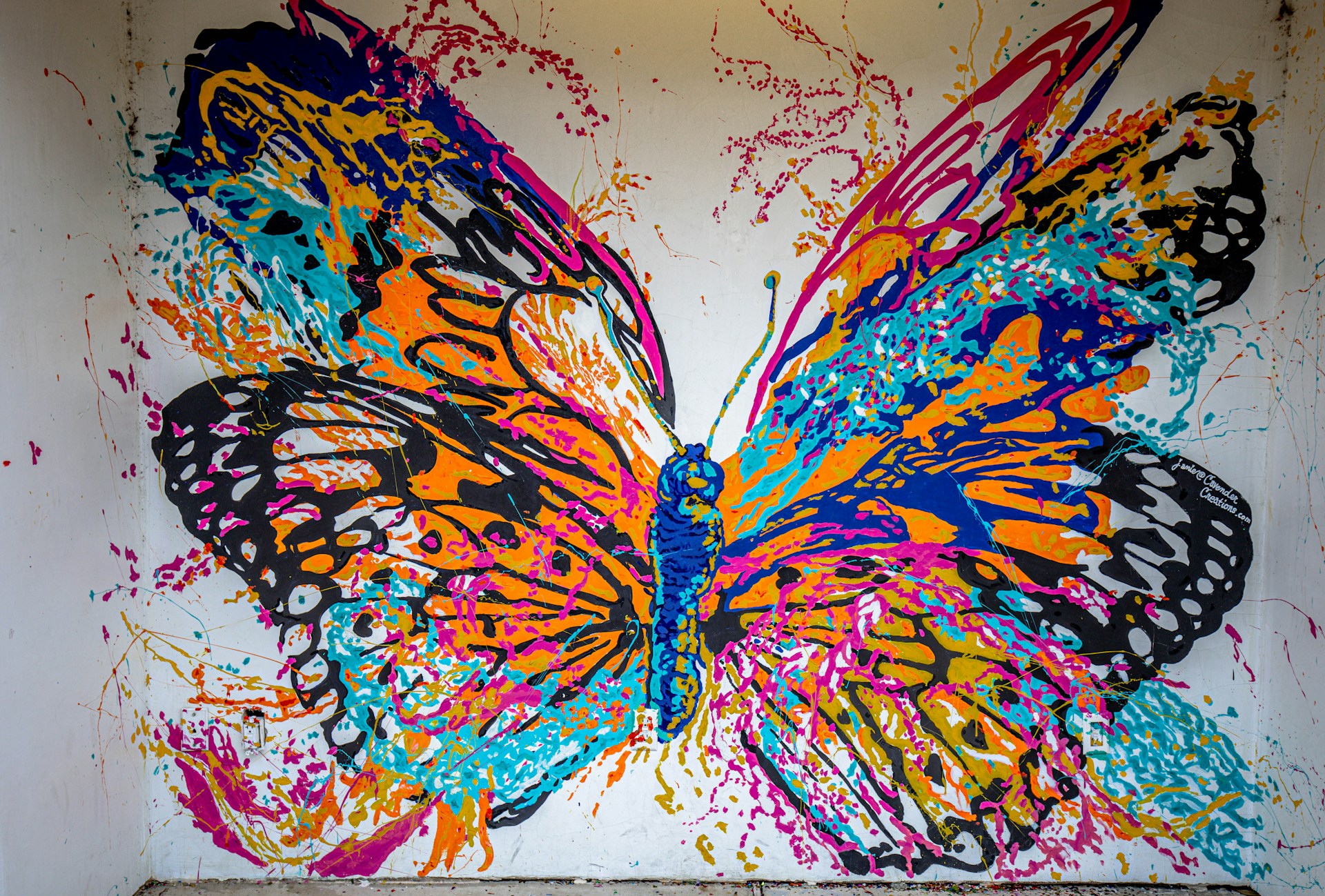
Resilience isn’t about avoiding hardship or pretending to be unshakable. It’s about learning to adapt, recover, and keep moving forward with grace.
Through steady habits, open mindsets, and the power of community, we discover that change doesn’t have to be something we fear; it can be something we grow through.
Ultimately, resilience isn’t a destination; it’s a lifelong practice. It’s built quietly, through small choices made every day to stay curious, to keep learning, and to believe that even after change, we can emerge wiser, stronger, and more whole than before.
Because change may be constant, but so is our capacity to rise with it.
What small step will you take today that future-you will recognise as the moment you turned toward progress?